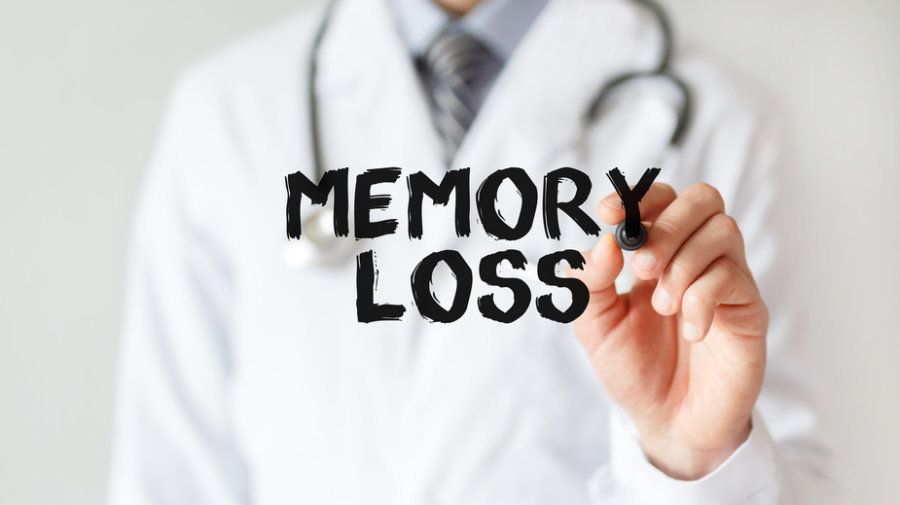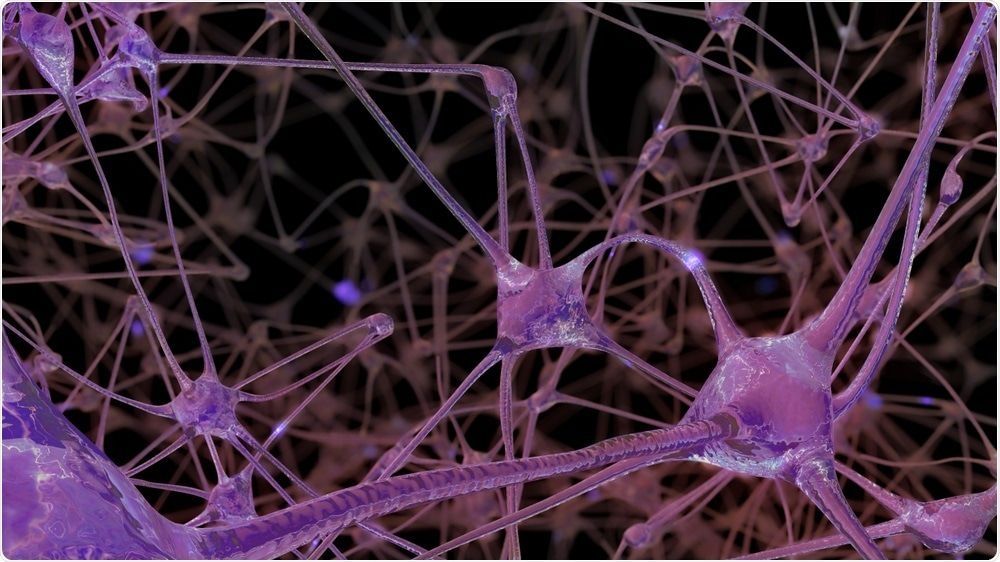Medicine is a unique and intensive four-day experience that gathers world-class faculty, innovators and organizations from across the biomedical and technology spectrum to explore and leverage the convergence of fast moving technologies in the reinvention of health and medicine.
Our home in San Diego at the iconic Hotel del Coronado is the magic X-factor in building connections and catalyzing deeper-than-usual conversation among faculty and participants. We make full use of one of America’s most beautiful seaside resorts; its history beautifully complements the future-focus of Exponential Medicine.
From talks given in a custom-designed theater with multiple configurations for listening and idea generation, to our hands-on technology lab, beachside morning yoga, dinners, and bonfires—Exponential Medicine is a high energy, bold redesign of a medical conference.








